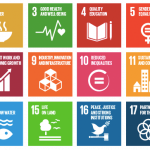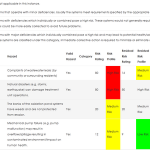Development of South African appropriate domesticated indicators for SDG 6a and 6b
 The United Nations (UN) note that to fully implement and monitor progress on the Sustainable Development Goals (SDGs), decision makers need data and statistics that are accurate, timely, sufficiently disaggregated, relevant, accessible and easy to use. A general global observation, which also holds true to South Africa, is that although data availability and quality have steadily improved over the years, statistical capacity still needs strengthening and data literacy must be enhanced at all levels of decision-making. This will require coordinated efforts by key stakeholders and innovative ways to produce and apply data and statistics in addressing the challenges of sustainable development.
The United Nations (UN) note that to fully implement and monitor progress on the Sustainable Development Goals (SDGs), decision makers need data and statistics that are accurate, timely, sufficiently disaggregated, relevant, accessible and easy to use. A general global observation, which also holds true to South Africa, is that although data availability and quality have steadily improved over the years, statistical capacity still needs strengthening and data literacy must be enhanced at all levels of decision-making. This will require coordinated efforts by key stakeholders and innovative ways to produce and apply data and statistics in addressing the challenges of sustainable development.
As South Africa’s water custodian, the Department of Water and Sanitation (DWS) is taking proactive steps to assist Statistics South Africa (StatsSA) with collation and gathering of data required for the SDG indicator submission process for South Africa.
DWS has already convened a suitable “internal” team to lead SDG 6, with the aims to:
• Further improve data gathering and collation.
• Build relationships with involved parties and stakeholders.
• Institutionalize roles and responsibilities for measuring, data collation, measuring, monitoring, reporting.
• Strategize how to plug reporting gaps, both over the short- and long-term.
Importantly, following initial mobilization, the DWS SDG team have noted the following:
• Need to mobilise various sector role-players to start measuring / monitoring / reporting data required to generate the required indicators.
• Critical to establish appropriate mechanisms for easy and transparent sharing and validation of data.
• Need to consider use of domestic or proxy indicators as an interim solution to measure performance where no specific data currently exits
Considering the above, it was noted by the DWS SDG 6a and 6b indicator custodians that the usefulness of reporting on these indicators in their current format to demonstrate performance status and associated improvement is questionable, and therefore requests were made to consider additional indicators which would provide a more holistic view of the actual performance status and be more in line with the high-level objectives as set out under the targets for 6a and 6b.
The Emanti and DWS teams are currently working closely together to develop appropriate additional domesticated indicators for SDG 6a and 6b. If successful, these innovative approaches could potentially be applied in Africa and elsewhere to kick-start and enable monitoring the performance of SDG 6a and 6b.

In September 2015, the 2030 Agenda for Sustainable Development was adopted, with 17 SDGs and associated targets. The SDGs build on the Millennium Development Goals (MDGs) (2000-2015), and cover a wide range of drivers across the three pillars of sustainable development. In 2017, the SDG methodologies were implemented on a global scale, to enable the establishment of a global baseline. The methodologies seek to embrace and build on existing monitoring efforts, allowing countries to begin monitoring efforts at a level in line with their national capacity and available resources, and from there advance progressively. In order to realize South African implementation, the first step was to build a national interest for monitoring and sensitize key role players to expected data needs. Importantly, it is noted that the SDGs are global aspirational targets, and that countries should aim to set their own national targets (based on their ambitions). Furthermore, the development and tracking of domesticated or proxy indicators is encouraged.










